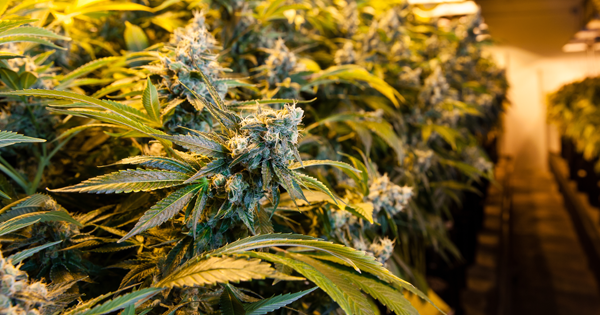Researchers at University of Georgia recently published a study they conducted on the benefits of legalizing medical marijuana.
Financially, the legalization of medical marijuana already showed that it could have a positive impact on the bottom line of Medicare’s prescription drug benefit program. In Washington D.C. and the 17 states where medical marijuana was already legal in 2013, $165.2 million was saved on prescription drug sales. Researchers suspect that if all 50 states had legalized marijuana, the savings could have been increased almost fourfold.
Although overall, the approximately $468 million potential savings still only make up 0.5% of Medicare’s Part D $103 total budget in 2013, these savings do prove certain points about the use of medical marijuana.
In states where medical marijuana is legal, patients are actually turning to medical marijuana instead of prescription medication and using marijuana for relevant medical purposes, not just recreational purposes.
Co-author of the study, W. David Bradford, says that these results “can give policymakers and others another tool to evaluate the pros and cons of medical marijuana legalization.”
The investigation behind the actual use of medical marijuana is one that hasn’t been tackled yet, Bradford notes.
In their study, Bradford and his research team collected data on prescriptions from Medicare’s Part D members over a three-year period. They narrowed their data pool by investigating prescriptions of conditions for which marijuana could also be prescribed as an alternate treatment, but one that was markedly less effective than traditional prescription medication.
“The results [of the study] suggest people are really using marijuana as medicine and not just using it for recreational purposes,” Ashley Bradford, lead author of the study, concludes.
As of now, 25 states and Washington D.C. have all legalized the use of medical marijuana and established a unique set of laws governing its use. However, patients in all these regions cannot obtain their medical marijuana from their physician; they must find their own sources of marijuana.
David Bradford is most concerned about this surprising lack of regulation and says it could “be a negative consequence.”
Ashley and David Bradford intend on furthering their studies on the legalization of medical marijuana and the effects it has on Medicaid, the federal and state health program that generally serves an older population. Both Bradfords are hoping to recreate similar results as they achieved in their first study and help further the process of legalizing medical marijuana.





